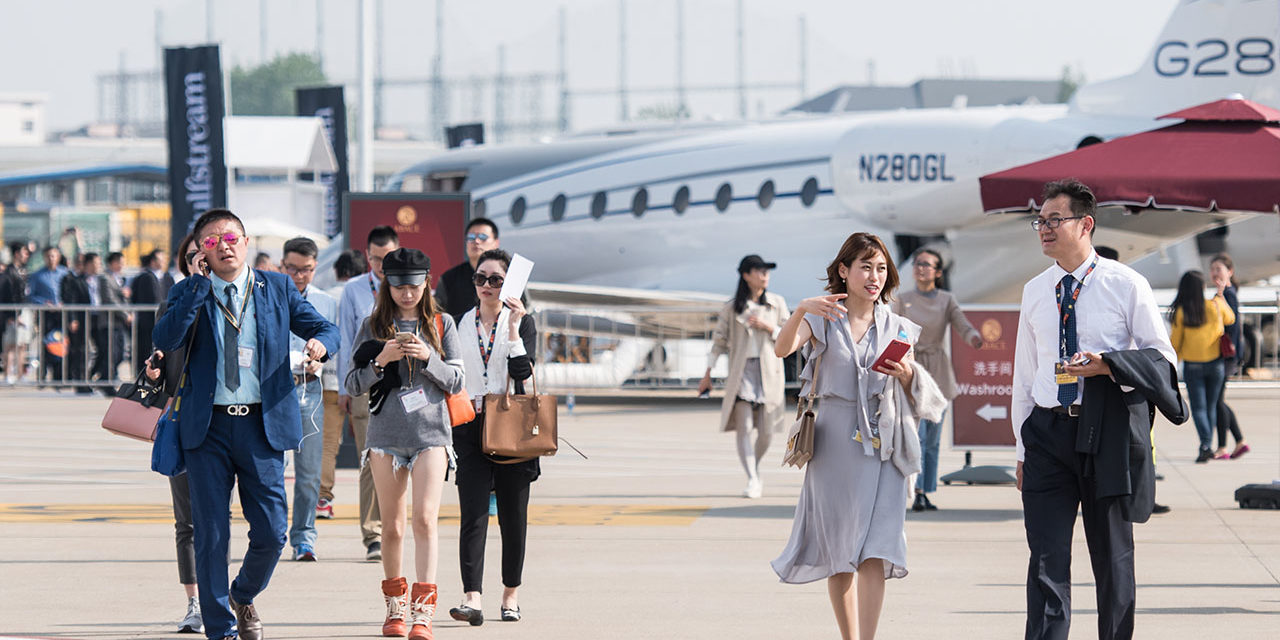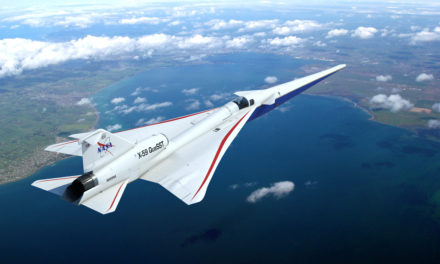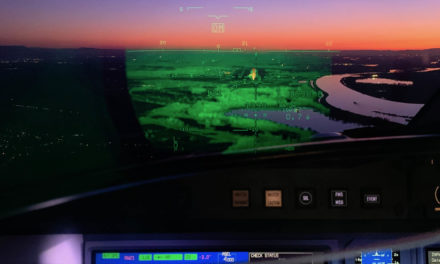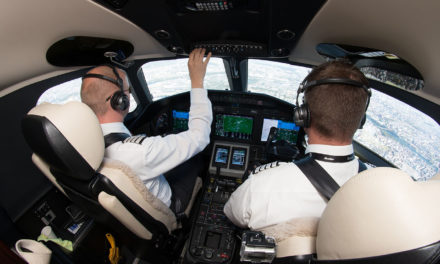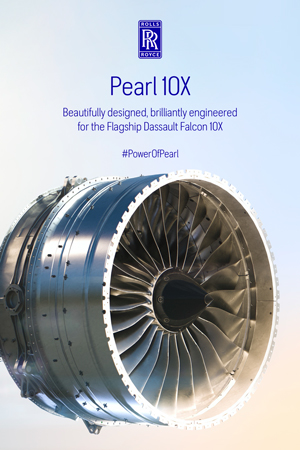The last ABACE exhibition, once again showed the extent of the Chinese business aviation potential market.
According to the Thirteenth Five-Year Plan for the Development of China Civil Aviation, jointly issued by CAAC, National Development and Reform Commission and the Ministry of Transport, China will complete work on 30 airports, commence work on 44 new airports, reconstruct and expand 139 airports, relocate 19 airports and conduct 51 additional projects to accelerate the construction of airports and lay the foundation for sustainable development of civil aviation. The Plan promotes the construction of more than 200 general aviation airports and encourages qualified civilian airports to concurrently provide general aviation services.
Progression of the fleet and missions
If the economic impact on Western industrialists is yet to be measured, it appears that Chinese operators and owners have real needs, particularly in the field of operations. Because if the clientele of the Celestial Empire has become mature and demanding when purchasing a business jet, the difficulties encountered to operate the aircraft beyond the Chinese borders still hinder the democratization of business aviation .
China’s fleet of business jets, albeit modest with 244 machines, including 202 jets, is progressing a little more each year. This increase mainly concerns the high-end segment, which of course favors out-of-territory travel. And, in fact, most domestic flights in recent years have gradually given way to international connections for many Chinese investors traveling to Europe and the United States.
Operations: the business aspect and the educational aspect
However, outside their territories, Chinese regional operators still only partially control the procedures and constraints related to international business flights. This is why, over the last two years, there has been a significant expansion of the outsourcing market for such operations. This sector has indeed proved vital for the economic development of local operators who do not yet have the maturity and the experience feedback needed to manage the complexity of international operations.
As in other strategic aviation sectors, Western companies specializing in the preparation of international operations have a vital role to play in this geographical area. In addition to the only commercial aspect, it is now agreed to admit that their experience will ultimately benefit the entire Chinese sector. Here again these specialized companies of the sector will have to bring the knowledge and to bring an important value for the expansion of market.
It is therefore conceivable to deal with the educational aspect today, not only with the operators and owners but also by working closely with the Chinese authorities. Specialized entities in the field undeniably play an indispensable role in the expansion of business aviation in China internationally.

